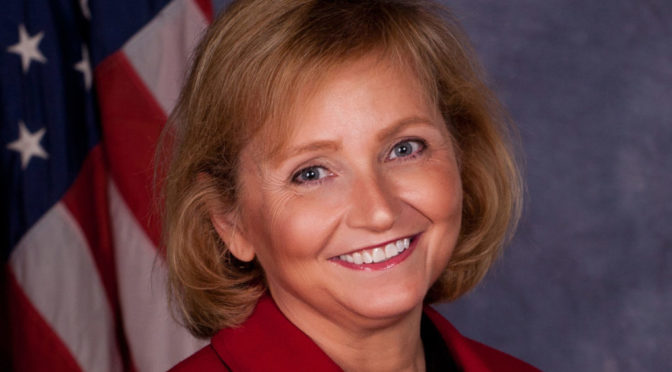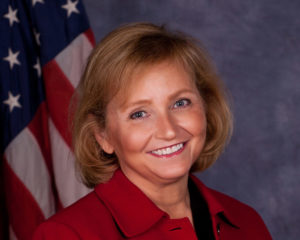Governor Kelly Announces $200 Million In Statewide Rental Assistance
~ Funding provides housing support to prevent evictions and homelessness ~
TOPEKA – Today, Governor Kelly and the Kansas Housing Resources Corporation announced $200 million in statewide rental assistance. The initiative, funded through the Coronavirus Response and Relief Supplemental Appropriations Act of 2021, provides the state of Kansas with $200 million to support housing stability and prevent evictions and homelessness.
“COVID-19 has created unprecedented challenges for Kansans, and it is more important than ever to keep our families safe in their homes,” said Governor Laura Kelly. “The $200 million funding for rental assistance will go a long way to prevent evictions and homelessness, and ensure Kansans can stay sheltered and secure while we continue to fight this virus.”
Kansans struggling to cover rent and utility payments due to COVID may qualify for up to 12 months of emergency assistance thanks to new federal relief. Kansas Housing Resources Corporation (KHRC) and the City of Wichita will administer the funds.
“Home has never been more important,” said Ryan Vincent, KHRC Executive Director. “Home has always been a place of shelter, but in the midst of the pandemic it’s also become our virtual workplace, classroom, and gathering space. Rental assistance protects Kansans’ access to home when they need it most.”
Tenants may qualify for assistance if they earn no more than 80 percent of their area’s median income, are experiencing documented financial hardship as a result of the COVID pandemic and may be at risk of housing instability or homelessness without assistance.
“In unprecedented times of hardship, it’s imperative that we step up to provide security to those in need,” said Sally Stang, Director of Housing and Community Services for the City of Wichita. “Everyone needs a little help now and then, and we want to ensure that families and individuals who need help to stay in their homes receive it.”
Wichita residents may apply through the Wichita Emergency Rental Assistance Program (WERAP) administered by the city’s Housing and Community Services division. The city’s online application will open on Monday, February 22, 2021.
Kansans living outside the Wichita city limits may apply through the Kansas Emergency Rental Assistance (KERA) program administered by KHRC. The online KERA application will open on Monday, March 15, 2021.
The KERA and WERAP programs follow the 2020 Kansas Eviction Prevention Program (KEPP), a $20 million assistance initiative administered by KHRC with federal CARES Act funding. In the roughly 60 days that the program was in statewide operation, KHRC received 10,138 applications for more than $25 million requested in assistance, representing 27,200 Kansans financially impacted by COVID.
About the Kansas Housing Resources Corporation (KHRC)
The Kansas Housing Resources Corporation (KHRC) is a public corporation committed to helping Kansans access the safe, affordable housing they need and the dignity they deserve. KHRC serves as the state’s housing finance agency (HFA), administering housing and community programs to serve Kansans. This project is being supported, in whole or in part, by federal award number ERA0032 awarded to Kansas Housing Resources Corporation by the U.S. Department of the Treasury.




